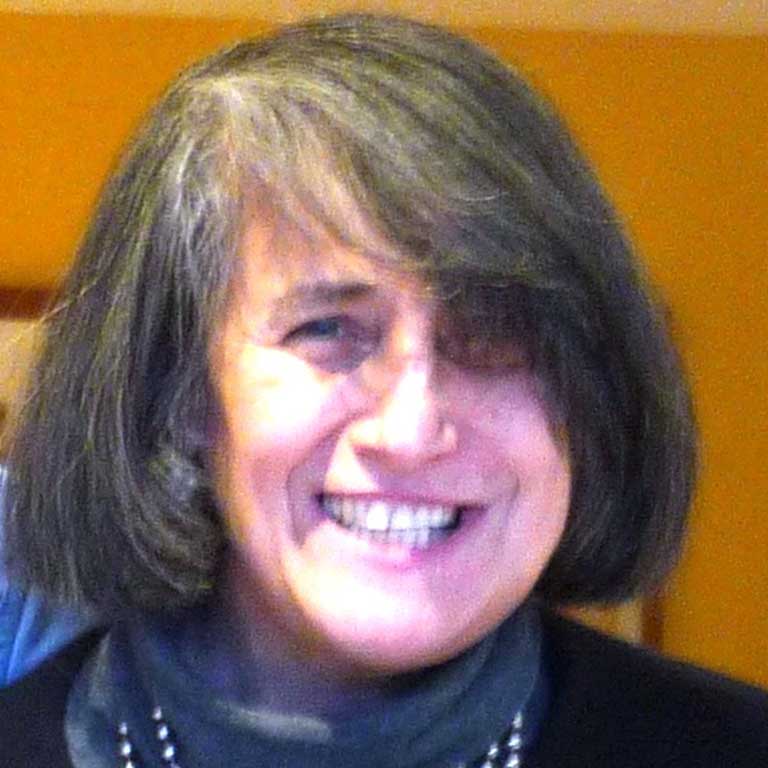- Ph.D., Indiana University, 2002
- M.A., Indiana University, 1996
- M.L.I.S., University of Southern California, 1982

Reyes Vila-Belda
Professor Emerita, Spanish and Portuguese

Professor Emerita, Spanish and Portuguese
My research focuses on intellectual and cultural production of 20th-century Spain, especially poetry. I situate an authors works within the correspondent prevailing intellectual and sociopolitical contexts, covering mostly the early decades of the century (fin de siglo) through Francisco Francos repressive reign (1939-1975). My interest in literature intersects with sociology. In particular, I examine the impact of censorship, the production of symbolic capital, the bestowal of recognition and the construction of prestige as factors that determine an authors inclusion in (or exclusion from) the literary canon.
In my first book, Antonio Machado, poeta de lo nimio (Visor 2004), I offer a new interpretation of Campos de Castilla, centered on the study of how the poet uses fragments of everyday life to connect his poetry with the intellectual and artistic discourses of his time, especially in connection to the natural sciences (geology) and impressionism. In my second book, Gloria Fuertes: poesía contra el silencio. Literatura, censura y mercado editorial (1954-1962) (Iberoamericana 2017), I situate Fuertes's poetry at the crossroads of literature (poetry), power (censorship) and the publishing market (the publisher Seix Barral). Drawing on Bourdieu and his studies on authorial recognition, it explores the literary and cultural significance of Fuertes's understudied early poetry in the context of the censorship that characterized the first decades of Francos dictatorship, and the fluctuations in the recognition of her artistic creation until the publication of her work by Seix Barral, the leading avant garde press of the time.
In several articles and book chapters, I study issues related to the Civil War, Franco's regime and the role of censorship covering topics such as women poets repression under the dictatorship, women's emotions and the War, and the politics of the urban reconstruction of Madrid. Recently, I have explored concepts of cultural and symbolic capital, the construction of the canon, and the production of cultural prestige in the cases of Jaime Gil de Biedma and Machado. Currently, I am writing a series of articles on the roles played by anthologies in Machado's inclusion in the canon and his recognition as a poet of national and international renown.